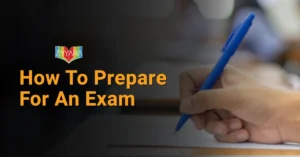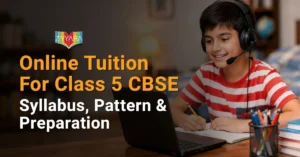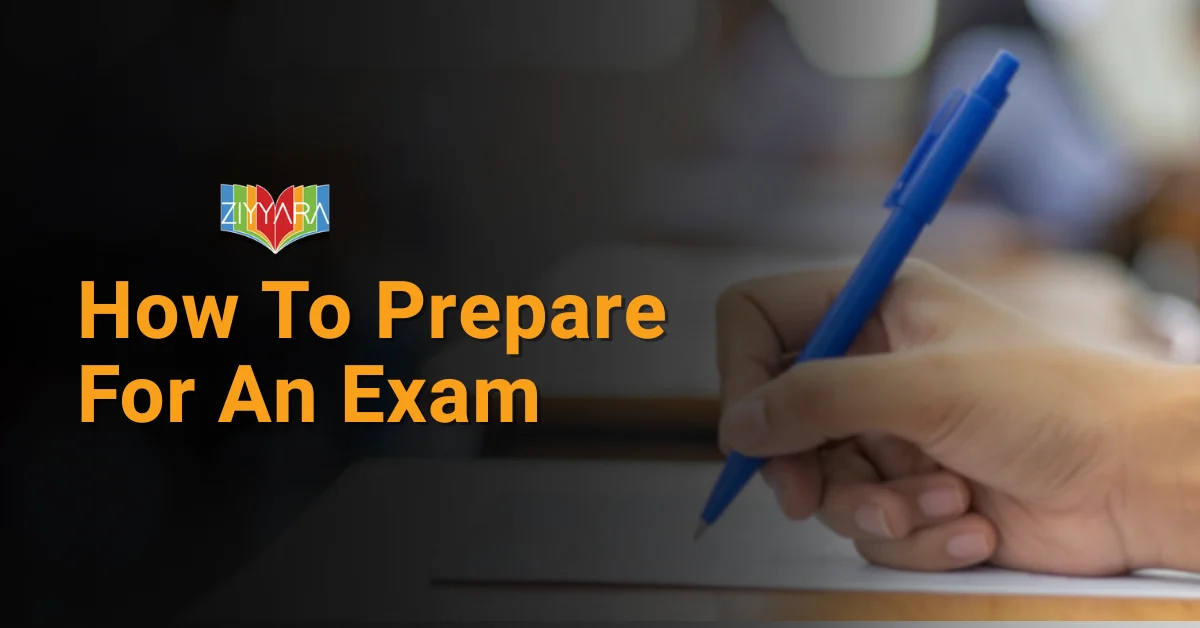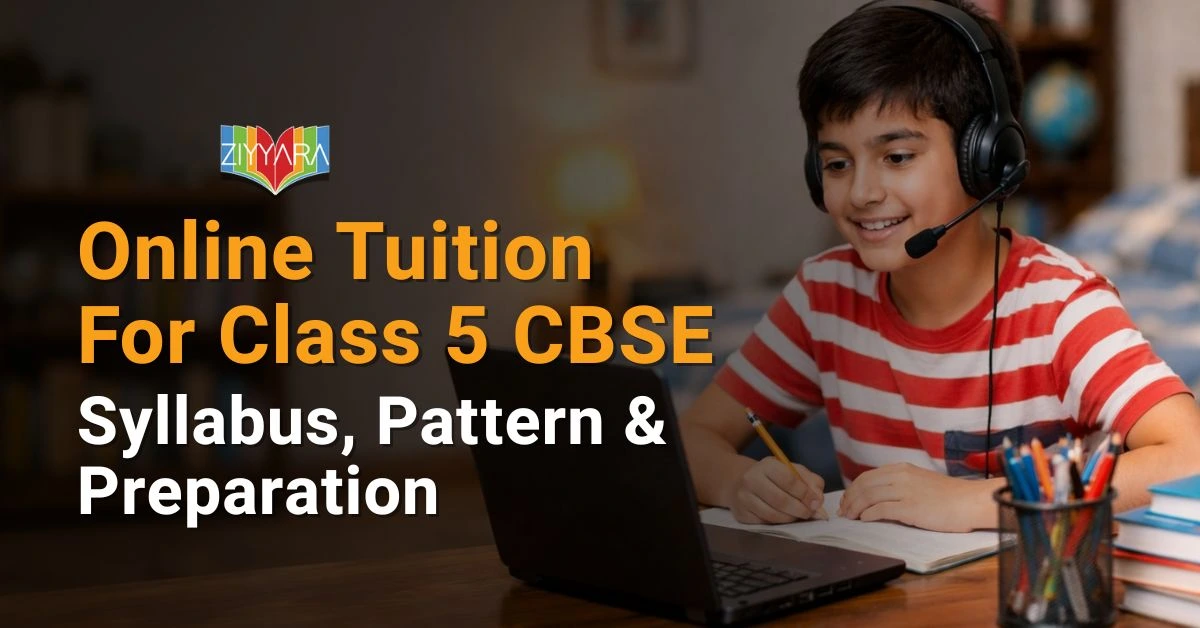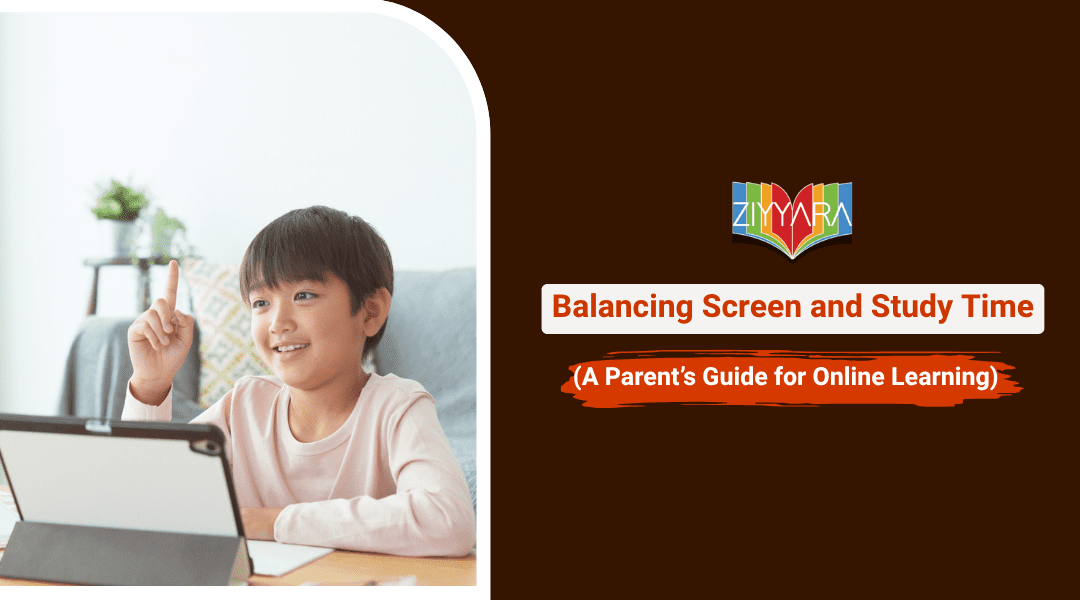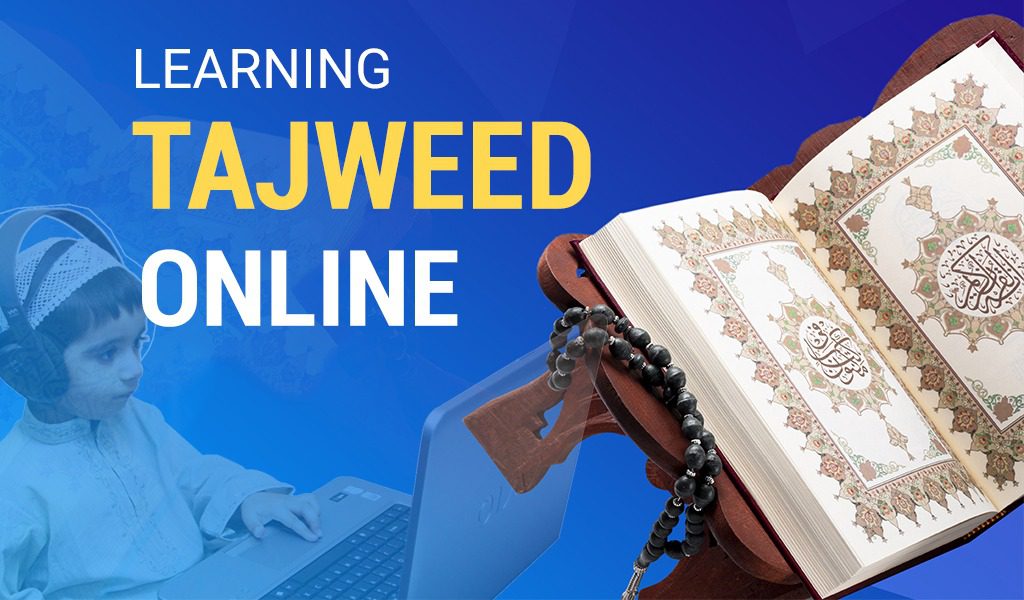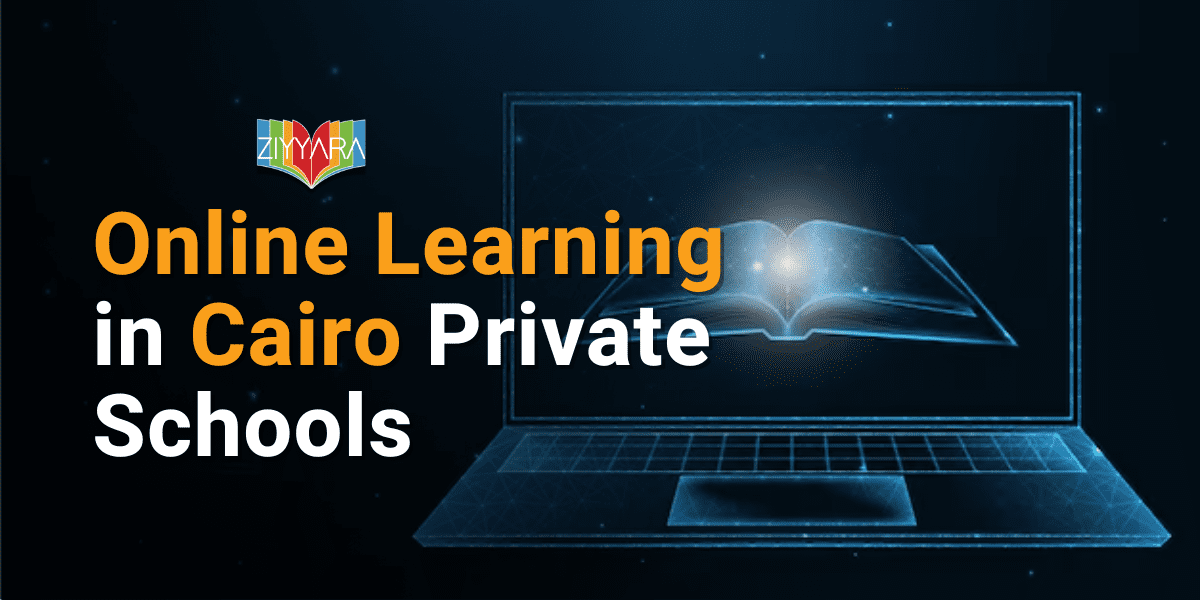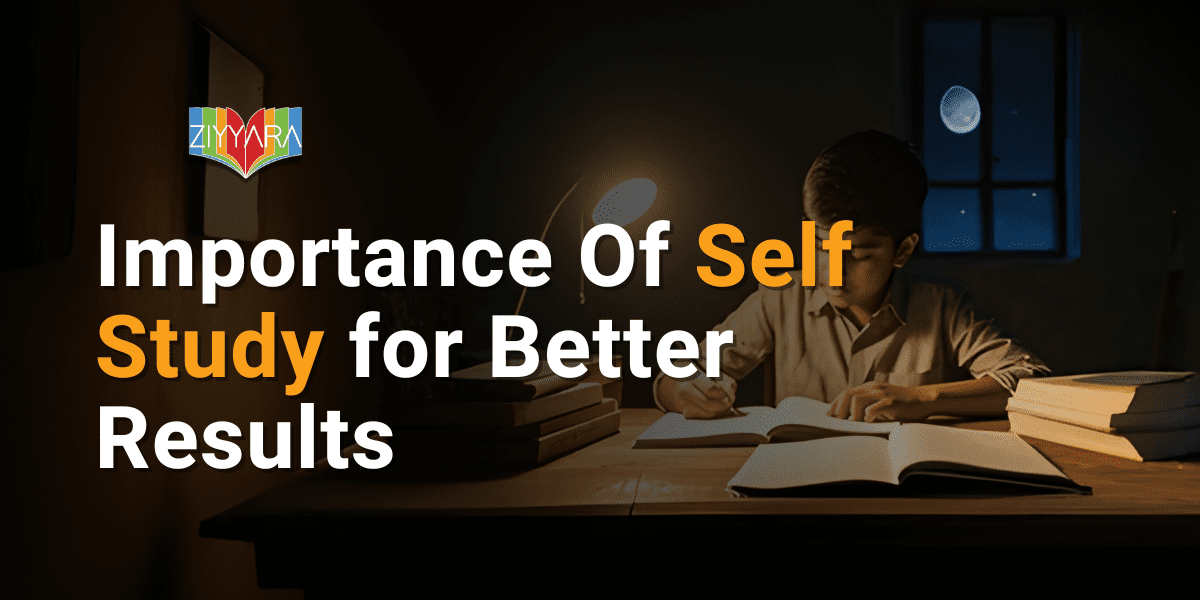
Book Your Free Demo Now!
Importance Of Self Study For Better Results in IB and ICSE Board
Students appearing in Board Exams in ICSE, IB and CBSE Boards need to remember that ‘Self Study, Self-Exploration, Self-Empowerment are the virtues of great education’. In the competitive world of today, students need to learn as much as they can, from anywhere and everywhere they can.
A great number of ever-growing online courses and internet encyclopedias have made Self Study easy for students. Hence, best possible use of the internet is the solution of many a problem.
What is Self-Study:
With the number of fresh educational technologies cropping up every day, education is no longer confined to traditional classroom teaching only.
Self-study or Autodidacticism, as it is called, is education without the help of traditional masters or institutions. An autodidact is free to choose his space, time, topic, rhythm as well as study material he needs to concentrate upon, thus resulting in better absorption of knowledge and its output.
For students of different Boards, it is important to indulge in regular Self Study. Self-study, contradictory to the general opinion, is complimentary to classroom studies.
Therefore, when done in consonance with each other, they bring wonderful results.
Benefits of Self Study:
Self-study is applauded for being extremely effective. Once back home, when a student searches online about the topics he has been taught in school, it enhances his ability to gather further information about those topics and retain them effectively.
In senior classes it is especially important for students to do so. Various projects need to be studied using different online sites to collect further information.
It can also help in enhancing transcripts. There are online classes covering wide range of subjects like Mathematics , physics, Chemistry, History, Political Science etc. Various lectures, quizzes, mock test papers are available online that a student can complete on his own.
Hence, self-assessment can be done easily so as to assess how much one has studied and what else has to be learned further about any topic. Self- study gives an edge to a student over others due to his in-depth knowledge of the subject.
Further, students may prefer to go beyond their prescribed curriculum to explore the areas of their interest. Once academic aid is sought and found in one subject, an increased interest to explore other subjects may follow.
In doing self- studies a student can explore his area of interest or his requirement along with the choice and pace of the subjects and topics he has been taught in classroom.
Self-study is a time saver, time being important as well as limited for students. A student can choose to do self-study from the confines of his home rather than getting tuitions from far off places. Another reason for its popularity is the advantage of it being cost effective.
Strategy to Do Self-study:
Self- learning seems to be a challenge in the beginning but with the passage of time, it becomes satisfying, effective and more systematic.
A determined and self-disciplined approach can make studies a lot easier and more interesting. A convenient time, space and schedule is required to do the learning all by oneself.
Also, a correct format and a proper schedule is required to take advantage of the plenty of online techniques available at the internet. Realistic goals need to be set up adjusting the workload accordingly.
Different tasks must be scheduled or rescheduled on daily or weekly basis to make learning fun.
While studying two things must be taken care of. Firstly, a proper technique needs to be followed during studies. Short breaks must be taken at regular intervals to make retention easy and break the monotony.
It is important to keep the mind open and fresh while taking new lessons or doing assignments. Secondly, school studies need to be followed up the same day through self-studies. This will help in absorbing the concepts easily and firmly and will not require any cramming up during exam time.
A self-disciplined approach towards the studies makes one an independent intellectual thoroughly read and confident of his knowledge.
Self-study is an excellent way to develop deep insight into the areas one would like to explore. In addition to being affordable and convenient, self-study seems to be more effective than classroom teaching where a single teacher teaches a large group of heterogeneous students with different set of problems to be solved within a given time frame. It does not help in solving individual doubts.
With self -study students can go way ahead of their school curriculum and excel in their field of interest. Schooling does not need to be done necessarily in school. Studies done on your own can quench your thirst for knowledge.
An easy access to information technology makes self- study an important and effective tool to keep one a step ahead of others.
Remember, no one can defeat you except your own self ignorance. Self-learners develop themselves as much as they wish.
As the saying goes “Genius is the ability to independently arrive at and understand concepts that would normally have to be taught by another person’s an ocean of knowledge is available at the click of the button that can be explored as much as possible”.
Though it is unlikely that Classroom studies will ever be replaced by online studies, yet students should make optimal use of the available resources and blend the two, thereby optimizing their results in examinations.
Significance of self-study for IB and ICSE Board Students
here’s no gainsaying the significance of self-learning or self-studying, especially for students who’re preparing to appear in the first important exam of their life. After all, the final examination of a student’s secondary schooling serves as a passport for pursuing post-secondary education or higher studies. So, regardless of whether you’re appearing for the IB (International Baccalaureate) or ICSE board examination, it’s very crucial to clear the test with flying colors.
Obtaining a good percentage in the secondary examination makes students eligible for studying their favorite stream in their preferred high school. And this is exactly where self-study can come to the aid of students, enabling learners to prepare thoroughly for the examination. The time and effort they devote to acquiring knowledge of different subjects on their own serves them well not only in their ICSE or IB examination but also in their future.
Students can engage in and practice self-learning by revising the chapters taught by teachers at school and consulting guide books for understanding specific topics and subject-matter. Additionally, they can browse on the net for researching on a myriad of subjects and themes for which sufficient information may not be available in textbooks. The learners can take advantage of web-based tutorials and go through online journals when it comes to studying by individual effort without assistance from a teacher or private tutor.
Irrespective of whether the pupils are trying to master a subject or chapter which they find difficult or simply studying to improve their general knowledge, self-learning can be immensely effective. Pupils can and should make the most of self-studying techniques for learning beyond what is taught in the classrooms, and for developing a lifelong interest for academics. Simply put, self-study comes in perfectly handy for students looking to boost their self-directed learning experience.
Frankly speaking, self-study, by and large, can prove to be more result-oriented and beneficial compared to the traditional classroom edification approach for all students. In short, self-learning not only helps students to considerably boost their wisdom but also their self-confidence. To say the last but not the least, self-learning plays a key role in helping students to adopt, develop, and hone robust study skills.
Different ways in which secondary school students can benefit from self-study:
Unlock Expert Guidance – Book Help Now!
Avail now by providing the below details

Developing a better understanding of a particular subject or topic –When students study unaided, they’re able to get rid of the apprehension (and hence disinterest) they’ve about specific subjects. It is common knowledge that majority of secondary school students loathe specific subjects, especially mathematics, physics, and chemistry. And the best and most effective way of conquering the anxiety and nervousness is by tackling the bull i.e. the fear by its horns.
Students can take time out on a regular basis to self-study with the aim of understanding specific subjects in a better manner. The learners now have at their disposal several online educational tools and techniques which they can take optimum advantage for comprehending their drawbacks and limitations. Online/digital tools and tutorials can enable students to gather additional information about a wide range of topics which in turn can make it easier to understand particular subjects.
Self-learning, can therefore, enable students to develop a profound interest for subjects they hitherto despised.
Stimulates curiosity- It is mankind’s innate curiosity, his insatiable inquisitiveness for solving the mysteries of the universe and most importantly, understanding his true self that has made him the dominant species on earth. That said, eagerness and enthusiasm can stimulate a student to not only perfectly understand subjects included in his curriculum but also imbibe knowledge about the world he lives in.
Self-study can be instrumental in inculcating students to develop a curiosity and thus interest for certain subjects, resulting in a more valuable and effective learning experience.
Encourages relentless studying and learning –Since self-learning allows a student to study at his or her own pace, they remember and benefit from the knowledge gained for a lifetime. At the same time, self-study helps learners to put more emphasis not only on subjects they’re passionate about but also on subjects they detest. Many students, in a conventional classroom setting do not always follow or clearly understand the instructions of the teacher.
These students can keep aside a couple of hours for self-study in order to comprehend the instructions for lessons which they could not follow in the class. If they rigorously follow the routine of studying on their own on a habitual basis, they’ll be able to understand the lessons and chapters to good effect. On the other hand, self-learning will enable the students to effectively deal with the anxiety, fear, and frustration they grapple with in a classroom setting.
Improves and reinforces their self-confidence –Students are fully aware of the adage or axiom that “practice makes perfect”. In other words, if learners study independently and without help on a habitual basis, they’ll gather sound knowledge of their school subjects and also become proficient in them.
Inspires students to deal with challenging schoolwork – When students study autonomously on a daily basis, they acquire the capability to think about a topic or subject-matter in-depth. So it follows that when learners develop the proficiency to think more profoundly, they are able to take greater interest in their studies. At the end of the day, heightened engagement facilitates in dealing with demanding schoolwork, boost their memory and didactic skills.
Why students should practice self-study?
Learning happens at a pace that the student finds convenient
Students start feeling more confident about their abilities and develop a strong sense of self-esteem
A learner develops the habit of studying independently without relying on an instructor or teacher
Education becomes exciting and fun
Students learn how to make the best possible use of the limited time available for studying
Students can tackle class tests and terminal examinations with greater confidence, and therefore are able to improve on their past performances
Learners are able to sharpen their cognitive, analytical, communication, and fine motor skills
Stepwise process for perfecting self-learning
Lay down your goals –To get started with self-learning in an efficient manner, it is very vital to lay down practical, achievable, and result-oriented goals. Students should maintain a separate diary where they’ll note the chapters and topics they need to study and understand. They should allocate a few hours almost every day to research on those topics by sourcing relevant study material and browsing on the net.
Develop curiosity – It goes without saying students find certain subjects difficult to tackle as they do not take sufficient interest in the same and vice versa. So, the solution lies in setting a daily self-study routine and following the same with missionary zeal. Once students get in the habit (of self-studying), they’ll develop a curiosity for those subjects in due course
Keep an eye out for relevant and trustworthy sources of information –The rapid strides made in internet and broadband technology ensures that students can access near unlimited amount of information instantly. They’ll come across almost infinite volume of information on any topic or subject-matter pertaining to their areas of study which can overwhelm them. The learners have to be insightful enough to separate the grain from the chaff i.e. filter out the relevant data and archive it for study purposes.
Be perseverant –Students will need to be extremely patient for continuing with their self-study program. More often than not they might struggle with maintaining their focus which could make it difficult for them to understand a particular topic. During such an eventuality, students should stay the course instead of giving up in frustration.
They should try researching on the topic more deeply by consulting various study materials, webcasts, online study groups, encyclopedias, and so on. The idea is to continue looking out for innovative ways for developing a sound conception about any subject-matter.
Develop a flexible attitude for tackling problems –When you try to adopt a new approach to studying it is obvious that you’ll encounter problems. The best way to deal with problems associated with self-studying is to tackle them head-on rather than avoiding them. If you find a particular problem too complicated to handle, you can make a note of it and take up the issue at a later period.
Remember where there is a will there is a way.
Make the most of the state-of-the-art technology.
Connect with online study groups and hubs.
Plan well in advance and take breaks more often.
Like? Share it with your friends
-
Facebook
-
Twitter
-
Linkedin
-
Whatsapp
-
Reddit
Recent Posts
How to Prepare for an Exam: Key
Struggling with Reading? How to Boost Your
Online Tuition for Class 5 CBSE –
Balancing Screen Time and Study Time: A



